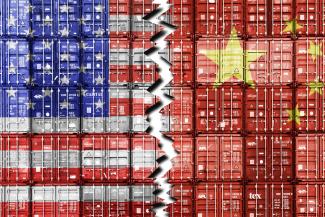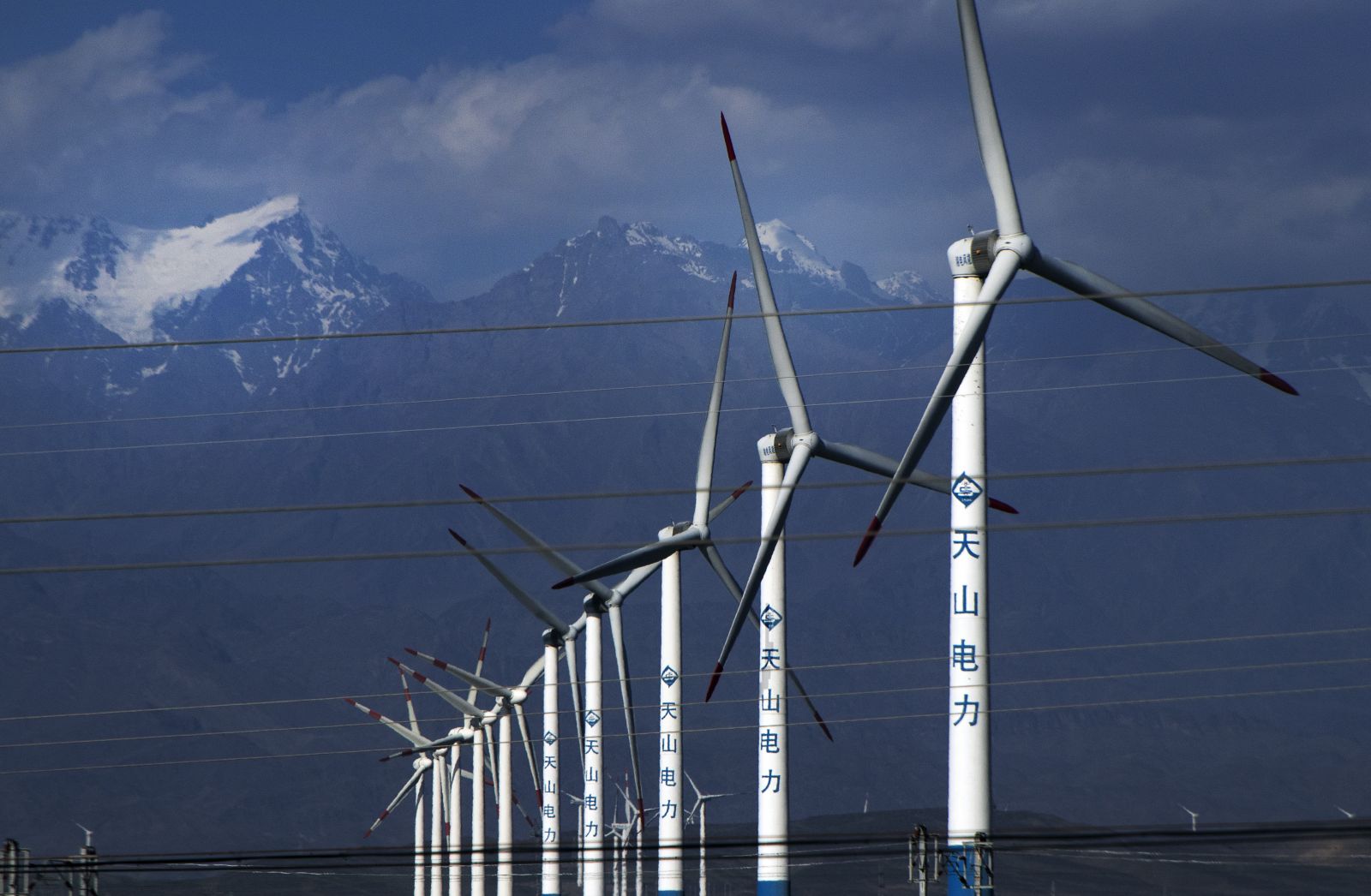Blog
The WTO dispute settlement panels could help

The entire scenario of the bilateral trade talks is awkward. Trade between the USA and China is basically regulated by WTO rules. In principle, WTO mechanisms should therefore be used to manage matters. However, Trump has frequently his preference for bilateral settings.
Frustrated with his country’s trade deficit and other issues, he imposed sanctions on Chinese imports and threatened to raise them. To avoid a full-blown trade war, the Chinese government entered into bilateral talks. At the end of February, Trump announced that these talks were going so well that he would not increase those tariffs as planned on 1 March. He also indicated he would soon hold the top-level meeting with his Chinese counterpart Xi Jinping in Florida to sign the deal. If they conclude a deal, tariffs will not escalate and the current trade system will remain in force.
As the FT reported on Monday, it is now expected that the talks will probably be concluded in April. The date for the Trump-Xi summit has not been set yet. The greatest obstacle at the moment seems to be that the USA wants to reserve a right to impose tariffs should China not live up to the new agreement. China, in turn, wants to be sure that the USA will play by the rules. If the US is free to decide on the matter as the Trump administration pleases, China has no guarantee that the new agreement will actually prove binding.
An obvious solution would be to rely on the WTO’s dispute settlement mechanism. It was established precisely for this kind of situation. When two parties disagree, it often takes an uninvolved third party to find a solution and prevent conflict from escalating. For this reason, the rule of law depends on independent courts. Previous US administrations endorsed the WTO dispute settlement panels. If a government feels that its countries rights have been infringed upon it can turn to the WTO, and independent arbiters will hear the case and decide whether it may impose tariffs in retaliation. Trump, however, has been blocking the appointment of new members to the arbitration panels.
The WTO dispute settlement system is in limbo accordingly. Trump is unlikely to change his approach. After all he is even known to express disdain for independent judges of his own country. He seems to feel entitled to decide as he pleases at any time in any context. That propensity makes it difficult to make deals with his administration.
Trump has also stated that trade wars are good and easy to win. That is not true, which is why Trump’s diplomats are currently negotiating with Xi’s diplomats. The USA cannot afford a full-blown trade war because it would hurt all parties involved. There is a reason why trade relations help to safeguared peace. Disrupting close trade ties is not the kind of mutually assured annihalition through nuclear bombs that prevented hot war in the cold war era, but it does mean mutally assured severe economic suffering.
This is why the Brexit negotiations are so difficult. Once established, trade ties bind both sides to one anthers. It shows that a national border never only belongs to one nation alone. If a government decides to take unilateral control of its borders, other governments are affected and likely to respond. Cooperation requires all sides to accept rules and thus relinquish sovereignty to some extent. Anyone who rejects rules cannot expect others to play by them.
A few weeks ago, I interviewed Iwan Azis, the economics professor from Cornell University. The topic was the state of international trade affairs. His assessment is still valid – it was that a bilateral Trump-Xi agreement looked likely. His main point was that Trump is disrupting, but so far has not caused lasting damage and a return to multilateral decision-making is still possible.
Ultimately, it is necessary. The WTO is important, and this multilateral institutions cannot be saved by a series of bilateral deals. What the USA and China are currently negotiating is not long term solution. That said, a stop-gap measure is preferable to a trade war.










